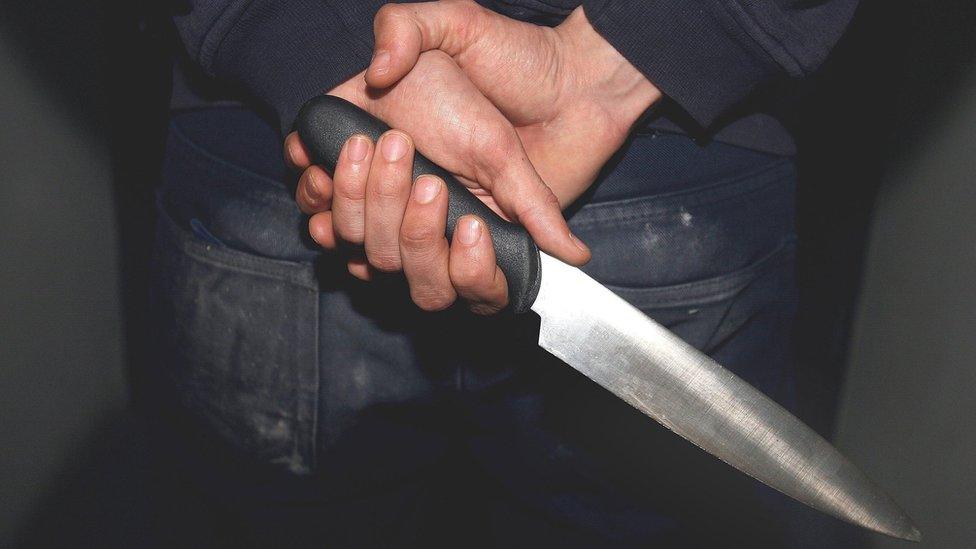London homicides fall but domestic killings rise
- Published
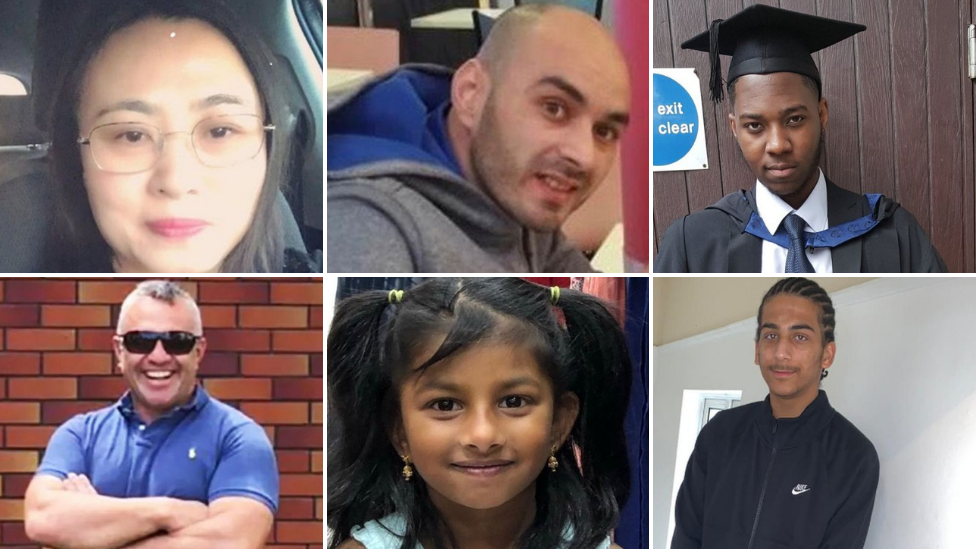
(Clockwise) Li Qing Wang, Takieddine Boudhane, David Gomoh, Louis Johnson, Sayagi Sivanantham and Sgt Matiu Ratana were all killed in London in 2020
The number of homicides recorded by the Met Police in London fell in 2020 compared with the previous year, but domestic killings increased.
Data from the force shows officers launched 126 murder investigations last year, while in 2019 there were 150.
However, the number of those that were domestic killings rose to 22, compared to 16 in 2019.
Commander Jane Connors said the Met's "focus remains firmly on reducing violent crime in all its forms".
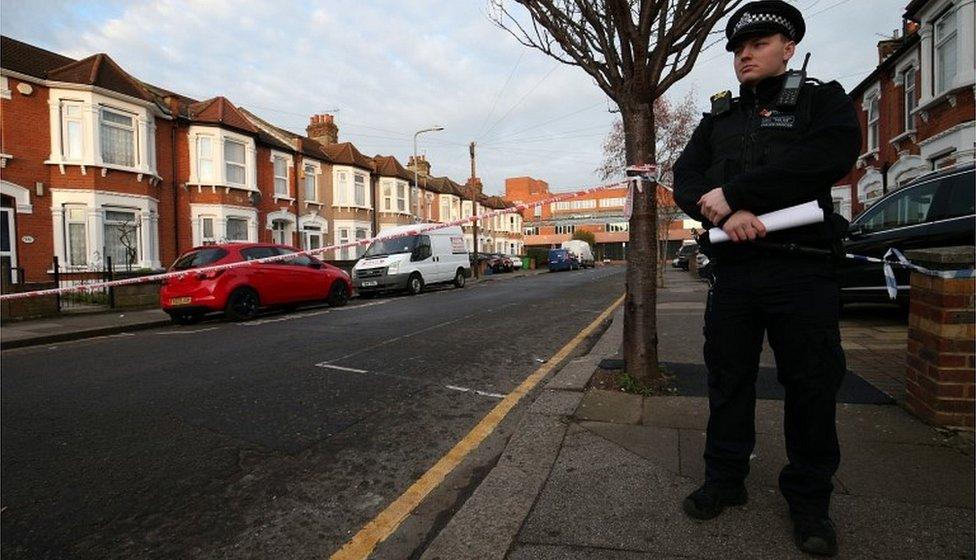
Violent crime fell overall in the capital during 2020
The number of killings in the capital fell after reaching the highest level for a decade in 2019.
In addition to the killings recorded by the Met that year, British Transport Police (BTP) launched three homicide investigations in the capital and two people were stabbed to death in the City of London.
In 2020, the number of murder investigations launched by Scotland Yard fell, while BTP had two and none were recorded by City of London Police.
However, the number of killings investigated by the Met was similar to 2018 when there were 127.
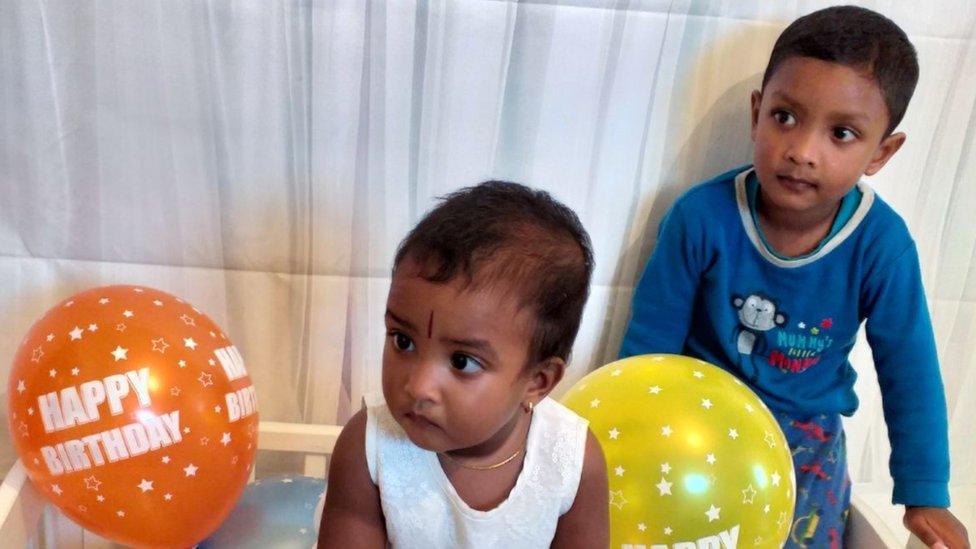
Pavinya Nithiyakumar (left) and three-year-old Nigish Nithiyakumar died in April
The Met's figures show not only a rise in domestic killings, but also an increase in the number of children killed, from seven in 2019 to 12 in 2020.
Among the cases involving children were the deaths of 19-month-old Pavinya Nithiyakumar and her three-year-old brother, Nigish, who were stabbed to death by their father Nadarajah Nithiyakumar in their Ilford home.
All the child deaths are being reviewed by the force and other support services.
Commander Dave McLaren said it was "fair to say that mental health has played a part in a number of those crimes", but the reviews would allow officers to "better understand the circumstances surrounding each of them".
Speaking about the data, Lisa King, for domestic abuse charity Refuge, said the lockdowns had "forced women and children into isolation with their abusers, exacerbating pre-existing abusive behaviours and, in many cases, escalating the level and frequency of violence".
She added that the figures should "serve as a wake-up call to politicians and the criminal justice system" and called for more funding and better training for police "so that officers are able to respond effectively to the increasing number of domestic abuse-related calls that they are receiving".

Analysis
By BBC London Home Affairs correspondent Katharine Carpenter
Of all the statistics released by the Met, one is particularly stark - more than half of the victims of domestic homicide last year were under 12 years old.
That's 12 children in London who were killed by a relative or someone they lived with. The Met says lockdown and its impact on mental health may have been a factor in some of these killings.
The National Society for the Prevention of Cruelty to Children (NSPCC) said it is receiving more than 30 calls a day from people worried about children living with domestic abuse.
It's often neighbours who get in touch, to report hearing arguing and children crying.
Here in the capital, the charity's helpline is supporting more children than ever with referrals up 47% since pre-pandemic levels.

Cdr Connors explained that violent crime overall decreased in 2020, particularly during lockdown, but offences rose to pre-pandemic levels as restrictions were lifted.
"That predominantly is because there were more people out on the streets, but also because some of the gang tensions that had been playing out on social media and people not able to take their reprisals," she said.
Mayor of London Sadiq Khan said police had "gone above and beyond during the pandemic to ensure tackling violence remains a priority".
"Although violence fell by a quarter last year, the tragic murder of a teenager in Islington last night shows there is still work to do," he added.
- Published10 October 2020
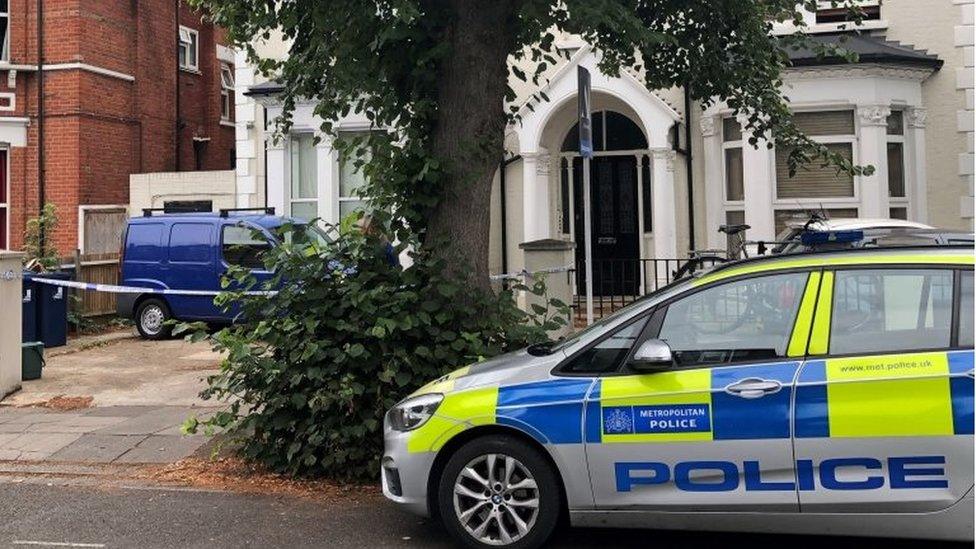
- Published13 May 2020
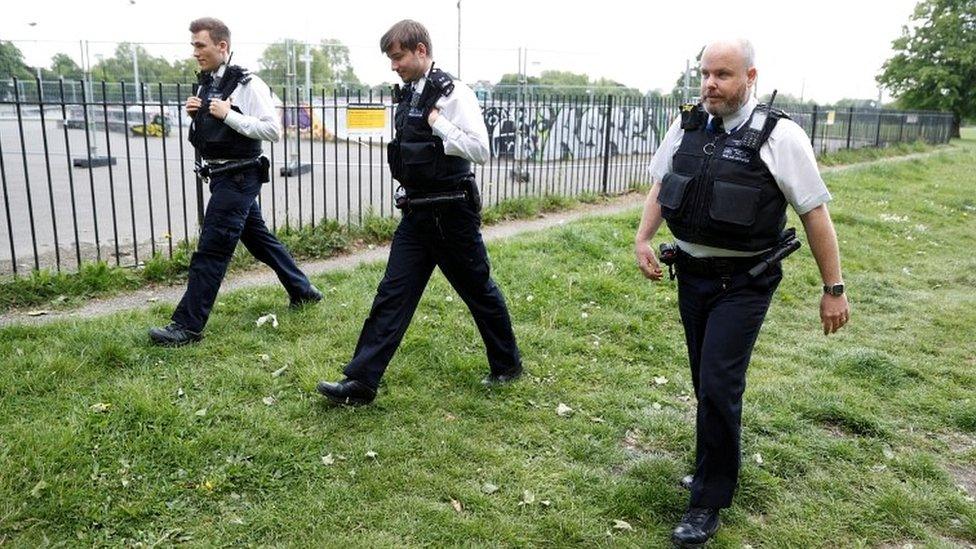
- Published24 April 2020
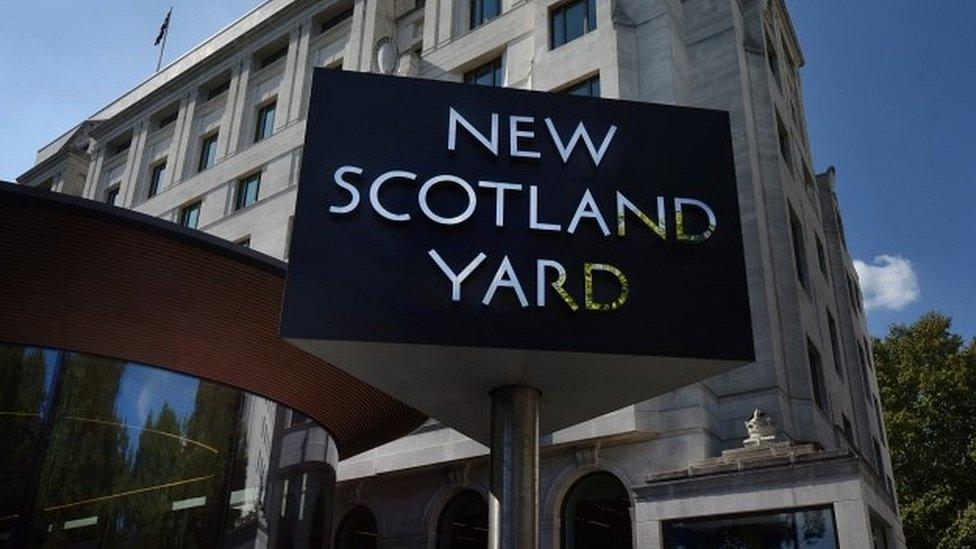
- Published8 January 2020
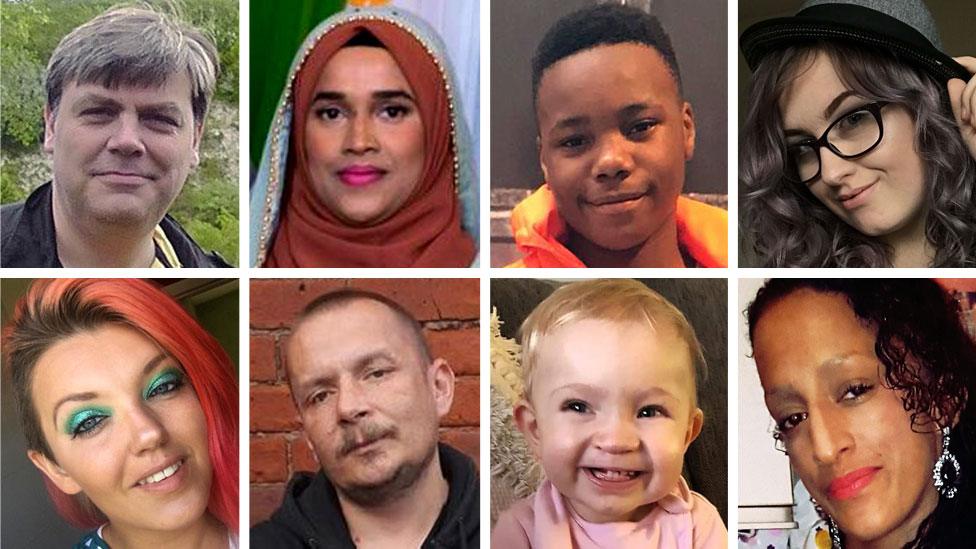
- Published21 September 2018
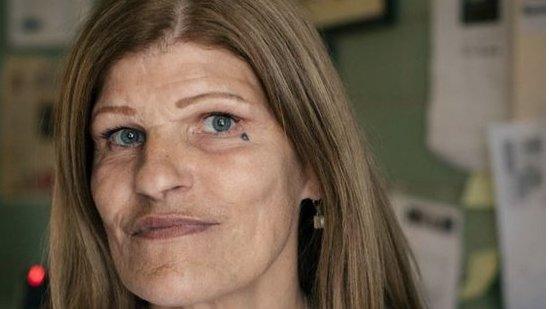
- Published24 January 2018
